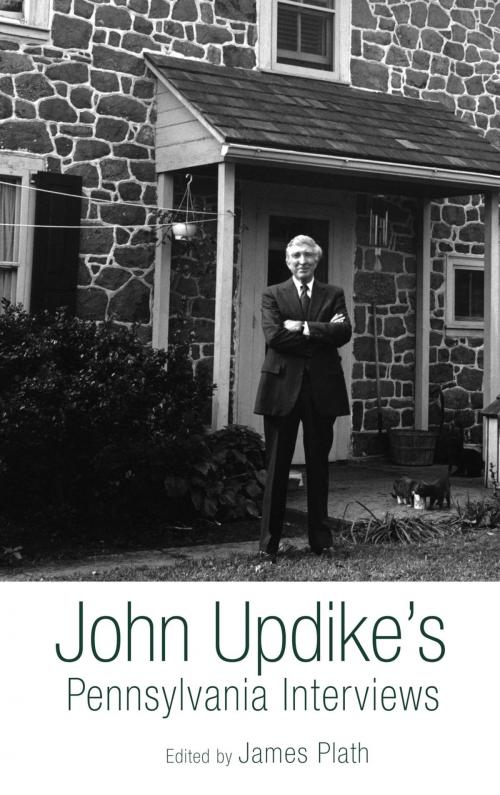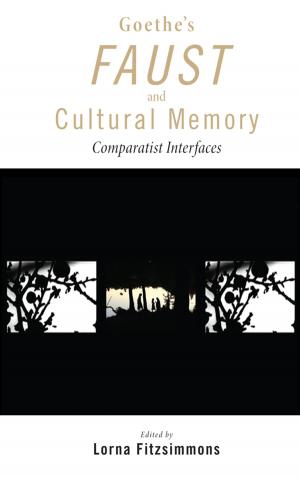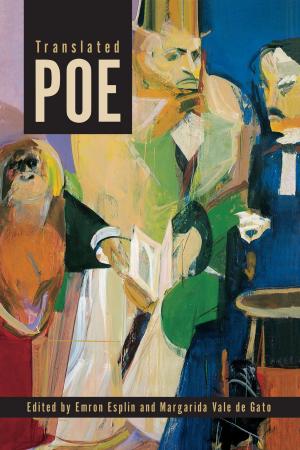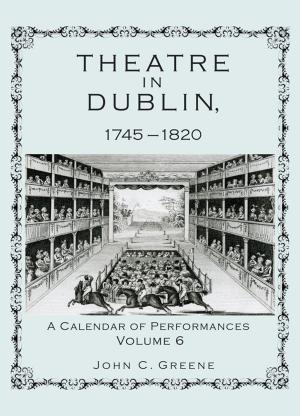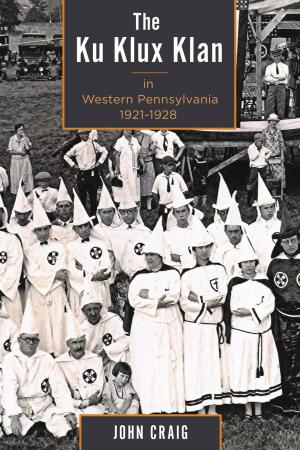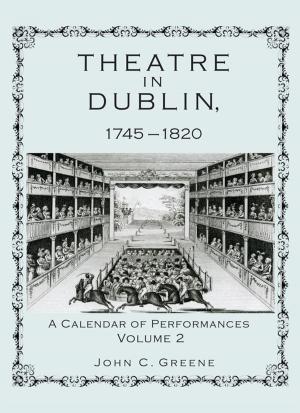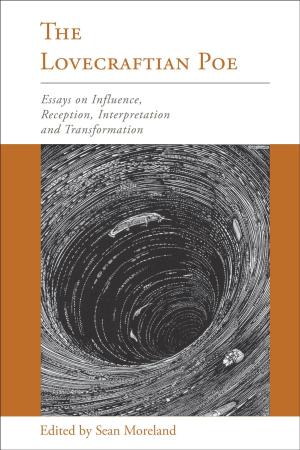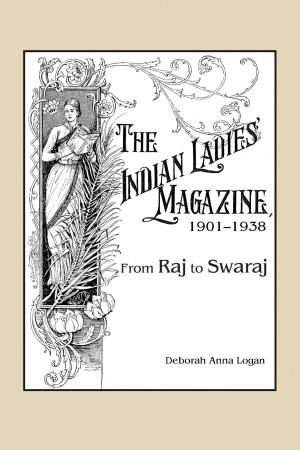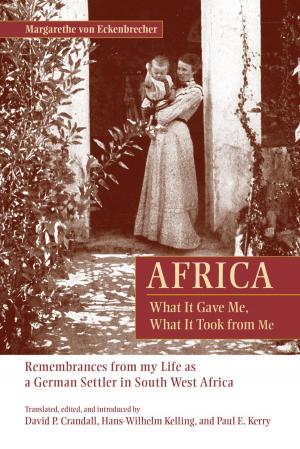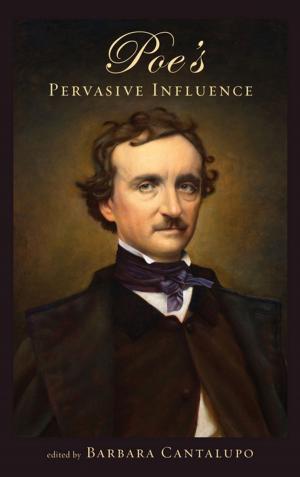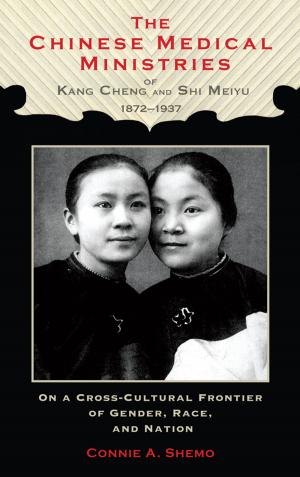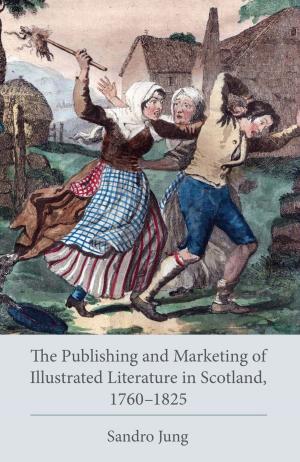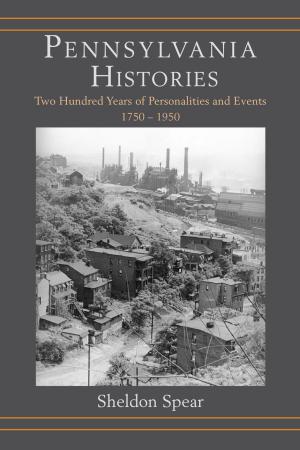John Updike's Pennsylvania Interviews
Fiction & Literature, Literary Theory & Criticism, American, Biography & Memoir, Literary| Author: | ISBN: | 9781611461060 | |
| Publisher: | Lehigh University Press | Publication: | August 26, 2016 |
| Imprint: | Lehigh University Press | Language: | English |
| Author: | |
| ISBN: | 9781611461060 |
| Publisher: | Lehigh University Press |
| Publication: | August 26, 2016 |
| Imprint: | Lehigh University Press |
| Language: | English |
Updike remains both a critical and popular success; however, because Updike asked that his personal letters not be published the only way that Updike scholars and fans can read more of the author’s candid and insightful remarks is to revisit some of the many interviews he granted—most of which are difficult to locate or obtain. Updike wrote about his home town of Reading in Berks County, Pennsylvania for much of his adult life, setting most of his early fiction and all of his award-winning novels in his home state. In John Updike’s Pennsylvania Interviews, James Plath has compiled the first collection of interviews that illustrates and helps to explain the bond between one of America’s greatest literary talents and his beloved Pennsylvania.
Included in this volume are interviews and articles by Mark Abrams, Leonard W. Boasberg, Carl W. Brown, Jr., David Cheshire, Marty Crisp, Sean Diviny, John Mark Eberhart, William Ecenbarger, Elizabeth Greenwood, Ruth Heimbuecher, Dorothy Lehman Hoerr, Jim Homan, Tom Knapp, Karen L. Miller, Steve Neal, Richard E. Nicholls, Sanford Pinsker, James Plath, Bruce Posten, Carole Reber, Pamela Rohland, Carlin Romano, Daniel Rubin, Stephan Salisbury, Charles R. Shaw, Ellen Sulkis, Heather Thomas, Stanley J. Watkins, Michael L. Wentzel, and Robert F. Zissa.
Updike remains both a critical and popular success; however, because Updike asked that his personal letters not be published the only way that Updike scholars and fans can read more of the author’s candid and insightful remarks is to revisit some of the many interviews he granted—most of which are difficult to locate or obtain. Updike wrote about his home town of Reading in Berks County, Pennsylvania for much of his adult life, setting most of his early fiction and all of his award-winning novels in his home state. In John Updike’s Pennsylvania Interviews, James Plath has compiled the first collection of interviews that illustrates and helps to explain the bond between one of America’s greatest literary talents and his beloved Pennsylvania.
Included in this volume are interviews and articles by Mark Abrams, Leonard W. Boasberg, Carl W. Brown, Jr., David Cheshire, Marty Crisp, Sean Diviny, John Mark Eberhart, William Ecenbarger, Elizabeth Greenwood, Ruth Heimbuecher, Dorothy Lehman Hoerr, Jim Homan, Tom Knapp, Karen L. Miller, Steve Neal, Richard E. Nicholls, Sanford Pinsker, James Plath, Bruce Posten, Carole Reber, Pamela Rohland, Carlin Romano, Daniel Rubin, Stephan Salisbury, Charles R. Shaw, Ellen Sulkis, Heather Thomas, Stanley J. Watkins, Michael L. Wentzel, and Robert F. Zissa.
